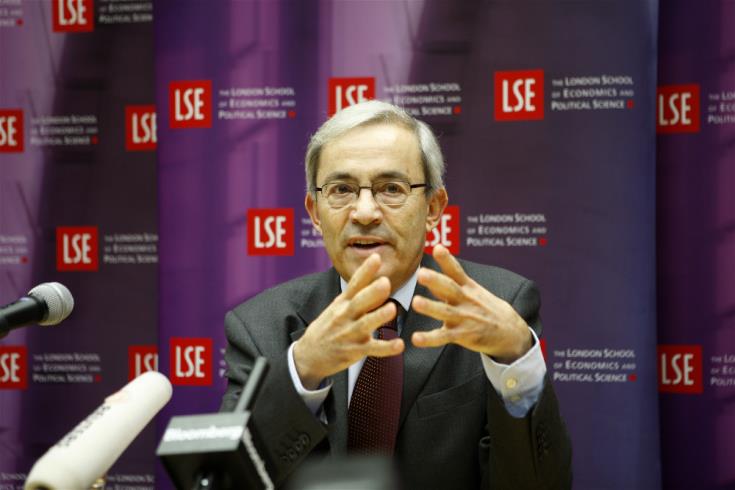Tackling poverty needs sound economic policy requiring support for entrepreneurship, capital for investments, education, good public service and an environmental strategy, said Cypriot Nobel Laureate, Sir Christopher Pissarides.
Pissarides told an online audience that creating jobs to eradicate poverty need capital, education and entrepreneurship, as well as a dynamic private sector.
He was speaking this week at the annual public lecture of the School of Economics and Management of the University of Cyprus entitled “Greece-Cyprus: A Growth Program for the 21st Century”.
He said there is no better way to address poverty than to offer good employment to those who need it, noting that a person who has a good job, has also dignity, becomes the master of their wealth – even if that wealth is limited-, and feels part of the society.
On the other hand, when a person receives money from the state, this has the opposite effect.
“For this reason, education, entrepreneurship and search for capital for investments must be supported.”
He said that only good companies and not the public sector can offer this, as the only source of income for the public sector is the private sector, ie the companies themselves.
For the state to have income, he argued, it needs sound companies because only they will produce enough and thus be taxed.
Pissarides said that too much bureaucracy can cause corruption, and stressed that a radical solution to corruption requires a modern public sector and justice system.
On the dismantled Cyprus citizenship for investment program, he said that selling EU passports based on property purchases was “not a model of economic growth”.
Noting the flow of foreign money can come in the form of investments in more productive sectors of the economy.
He argued the construction sector is not productive since it means selling land and depositing money in the bank.
Pissarides said that Greece and Cyprus need long-term policies for the entire economy, starting with reforms in the public sector, followed by reforms in the job market.
Pissarides was awarded the Nobel Prize in Economic Sciences in 2010 with Peter Diamond from Massachusetts Institute of Technology and Dale Mortensen from Northwestern University.










